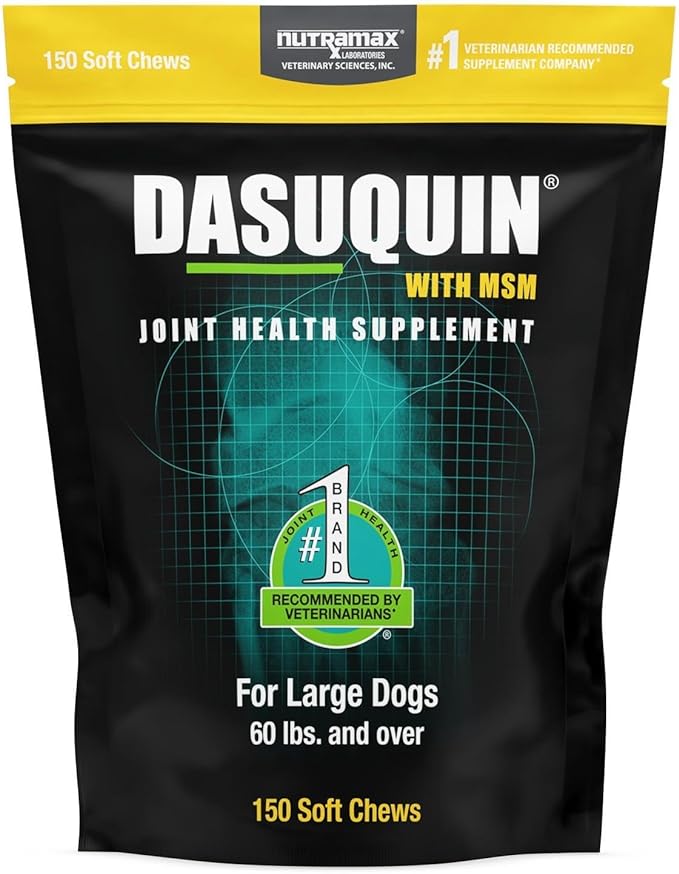How to Ensure Your Pembroke Welsh Corgi Stays Healthy
This post may contain affiliate links, which means I’ll receive a commission if you purchase through my link, at NO EXTRA COST TO YOU
Pembroke Welsh Corgis, with their charming appearance and spirited personality, have become one of the most beloved dog breeds worldwide. However, like all dogs, they require proper care to ensure a long, healthy life. Understanding the health and wellness of Pembroke Welsh Corgis involves recognizing common health issues, knowing how to prevent them, and ensuring your Corgi stays fit and happy. This guide delves into everything you need to know to keep your Pembroke Welsh Corgi in optimal health.

Understanding the Unique Health Needs of Pembroke Welsh Corgis
Pembroke Welsh Corgis possess a unique body structure, characterized by their short legs and long bodies. While this adds to their distinctive charm, it also means that Corgis are prone to certain health issues. Specifically, their long backs can put extra stress on their spines, making them more susceptible to back problems. Recognizing these potential issues early on can make a significant difference in your dog’s quality of life.
Discover Key common Health Issues in Pembroke Welsh Corgis
To effectively care for your Pembroke Welsh Corgi, you must familiarize yourself with the common health issues they may face. Here are some of the most prevalent conditions, health issues in this breed:
1. Hip Dysplasia
Hip dysplasia is a genetic condition where the hip joint does not fit properly into the hip socket. This condition can lead to pain and arthritis over time. Although it is more common in larger breeds, Pembroke Welsh Corgis can also be affected. Regular vet check-ups, a healthy diet, and maintaining an ideal weight can help reduce the risk of hip dysplasia.
2. Intervertebral Disc Disease (IVDD)
Given their long backs, Corgis are prone to Intervertebral Disc Disease (IVDD). This condition occurs when the discs between the vertebrae of the spine deteriorate or rupture, leading to pain and possible paralysis. Preventing IVDD involves avoiding activities that put excessive strain on your Corgi’s back, such as jumping off furniture or climbing stairs frequently.
3. Obesity
Obesity is a common issue in Pembroke Welsh Corgis due to their love for food and relatively small size. Carrying excess weight can exacerbate other health problems, including joint issues and heart disease. To prevent obesity, monitor your Corgi’s diet closely, avoid overfeeding, and ensure they get regular exercise.
4. Progressive Retinal Atrophy (PRA)
Progressive Retinal Atrophy (PRA) is an inherited eye disorder that can lead to blindness. While there is no cure for PRA, early detection can help you manage the condition and make adjustments to your Corgi’s environment to keep them safe.
5. Degenerative Myelopathy
Degenerative Myelopathy is a neurological condition that affects the spinal cord, leading to progressive weakness in the hind legs. Unfortunately, there is no cure for this disease, but keeping your Corgi active and providing supportive care can help manage symptoms and maintain their quality of life for as long as possible.
Tips for Maintaining Your Pembroke Welsh Corgi’s Health
To keep your Pembroke Welsh Corgi healthy and happy, follow these essential tips:
1. Regular Vet Check-Ups
Routine veterinary visits are crucial for early detection and prevention of health issues. Regular check-ups allow your vet to monitor your Corgi’s health, administer vaccinations, and provide guidance on diet and exercise.
2. Balanced Diet
A balanced diet is key to your Corgi’s overall health. Choose high-quality dog food that meets their nutritional needs. Avoid feeding your Corgi table scraps or too many treats, as this can lead to obesity. Additionally, consider supplements that promote joint health, especially as your Corgi ages.
3. Regular Exercise
Pembroke Welsh Corgis are active dogs that require regular exercise to stay fit and mentally stimulated. Daily walks, playtime, and interactive toys can help prevent obesity and keep your Corgi’s muscles strong. However, always be mindful of their back and avoid activities that could strain their spine.
4. Dental Care
Dental health is often overlooked but is vital for your Corgi’s overall well-being. Regular brushing and dental check-ups can prevent gum disease, tooth decay, and other dental issues that can lead to more serious health problems.
5. Grooming
Proper grooming not only keeps your Corgi looking their best but also plays a role in their health. Regular brushing helps remove loose fur and prevents matting, which can cause skin irritation. Additionally, grooming sessions are an opportunity to check for any unusual lumps, bumps, or signs of infection.
6. Weight Management
Given their propensity for obesity, weight management is crucial for Pembroke Welsh Corgis. Keep a close eye on their weight and adjust their diet and exercise routine as needed. Consult your vet for personalized advice on maintaining your Corgi’s ideal weight.
Preventative Care and Long-Term Wellness
Taking a proactive approach to your Corgi’s health can prevent many common issues and ensure they lead a long, happy life. Here are some preventative measures to consider:
1. Spaying and Neutering
Spaying or neutering your Corgi can prevent certain health problems and contribute to a longer lifespan. It also helps reduce the risk of behavioral issues related to mating instincts.
2. Vaccinations
Keeping your Corgi’s vaccinations up to date is essential for preventing contagious diseases. Work with your vet to create a vaccination schedule that meets your Corgi’s needs.
3. Parasite Control
Parasites like fleas, ticks, and worms can cause serious health issues if left untreated. Regularly use preventive treatments and check your Corgi for signs of parasites, especially after spending time outdoors.
4. Joint Supplements
As your Corgi ages, joint health becomes increasingly important. Consider adding joint supplements to their diet to support their mobility and prevent arthritis.
5. Mental Stimulation
Mental wellness is just as important as physical health. Pembroke Welsh Corgis are intelligent dogs that thrive on mental stimulation. Engage your Corgi with puzzle toys, training sessions, and new experiences to keep their mind sharp.
Recognizing Signs of Health Issues
Being vigilant about your Corgi’s health involves recognizing the early signs of potential problems. If you notice any of the following symptoms, consult your vet immediately:
- Sudden weight gain or loss
- Limping or difficulty walking
- Excessive scratching or skin irritations
- Changes in appetite or drinking habits
- Unusual lumps or bumps
- Lethargy or reluctance to exercise
- Persistent coughing or breathing difficulties
Early detection is key to effectively managing health issues and preventing them from worsening.
Conclusion: Ensuring a Healthy Life for Your Pembroke Welsh Corgi
Caring for a Pembroke Welsh Corgi involves understanding their unique health issues & needs and taking a proactive approach to their wellness. By staying informed about common health issues, providing regular vet care, maintaining a balanced diet, and ensuring they get enough exercise and mental stimulation, you can help your Corgi live a long, healthy, and happy life. Remember, your Corgi relies on you for their health and happiness, so stay vigilant and committed to their well-being. With the right care, your Pembroke Welsh Corgi will thrive as a beloved member of your family for years to come.







